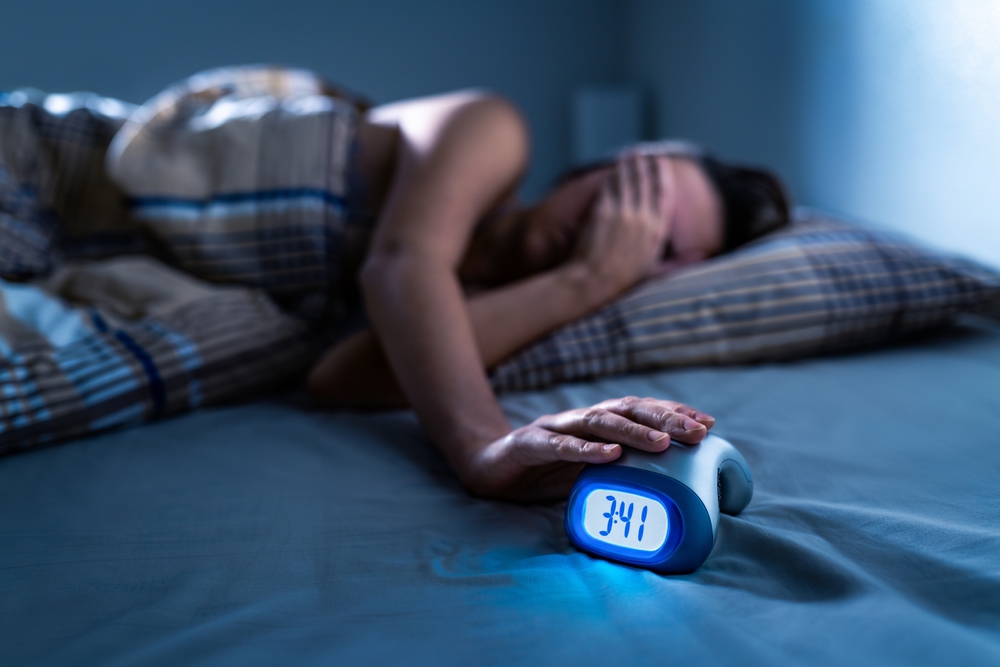If your sleep keeps getting interrupted at the same early hour, there might be more behind it than you think.
Others are reading now
Sleeping through the night without waking up seems to be surprisingly rare, even though it’s key to feeling well-rested and productive the next day.
Many people believe that going to bed at the right time is enough for good sleep.
But despite that, they still wake up — often between 3:00AM and 5:00AM. And when it’s hard to fall back asleep, it can really affect your rest.
This pattern isn’t just a coincidence or bad luck. It turns out there might be a deeper reason.
The Hour of the Wolf
The early morning hours between 3 and 5AM are sometimes referred to as “the hour of the wolf”, a term taken from Swedish folklore and also used in director Ingmar Bergman’s psychological horror film.
Also read
Bergman explained the term this way to Newsner:
“The hour between night and dawn … when most people die, sleep is deepest, nightmares are most real. It is the hour when the sleepless are haunted by their worst anguish, when ghosts and demons are most powerful. The hour of the wolf is also the hour when most babies are born.”
According to Professor Birgitta Steene, the name reflects a long-held belief in Swedish culture: that this particular window is tied to death, birth, and deep rest.
A Time of Rest… or Disturbance
In many folk traditions, this time of night also overlaps with the “witching hour” or the “devil’s hour” — a period thought to be full of supernatural activity. Witches, demons, and ghosts were believed to appear and act most strongly during this time.
But while some people sleep soundly during these hours, others find themselves wide awake.
Also read
For those people, the hour of the wolf is not about rest. It’s when feelings of anxiety often feel strongest.
What Happens in Your Body at That Time?
Our bodies run on a circadian rhythm. A 24-hour internal clock that follows the sun.
During the night, especially around 4:00AM, your body temperature, blood pressure, and metabolism reach their lowest levels.
This is the body’s natural resting point.
But if you suffer from stress or anxiety, these hours can actually make those feelings worse. That’s why you might wake up and struggle to fall back asleep.


